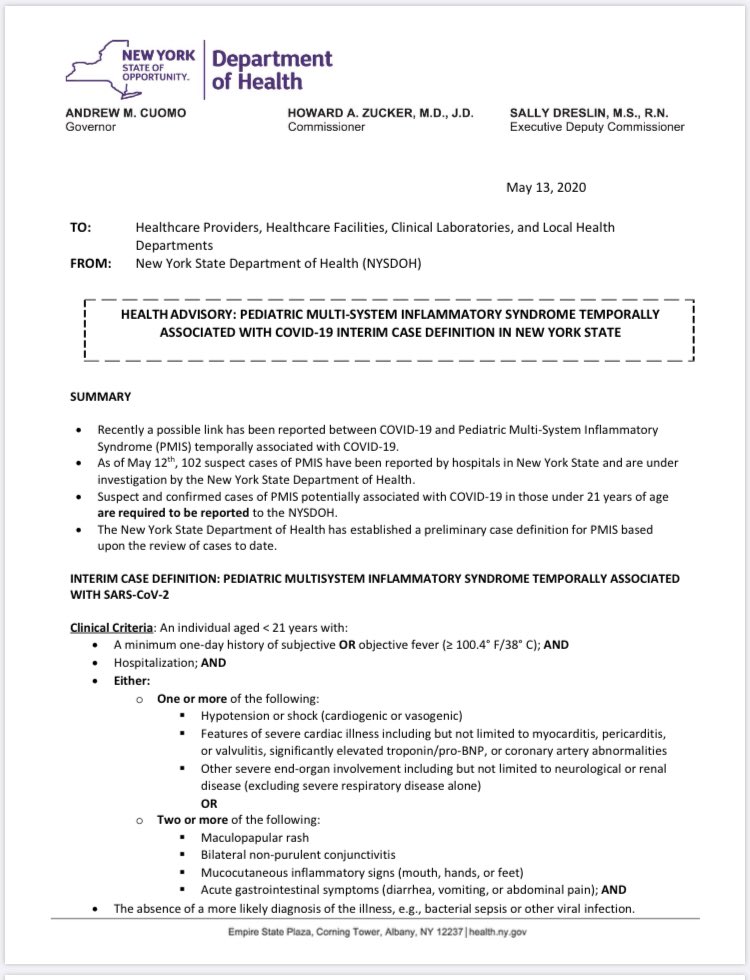
Often asked for my opinion of the latest #COVD19 therapeutic. Yesterday it was the antibody cocktail. Here's how I think about this stuff:
https://twitter.com/maggieNYT/status/1313968460444192769
For any new treatment, I want to know if it's 1) safe and 2) effective. I also look at distribution mechanisms. Do we have a way to get this thing to the people who need it? In many cases, the answer is no.
I'm not bullish on antibody cocktails because there's a mismatch between supply & demand. Urgent care clinics don't want to administer cocktails because the infusion is time-consuming and reimbursements are low. Primary care clinics will feel a similar crunch. So what happens?
Perhaps there's a small group of high-risk patients who will receive it in the hospital. Does anyone who treats patients think otherwise?
• • •
Missing some Tweet in this thread? You can try to
force a refresh



